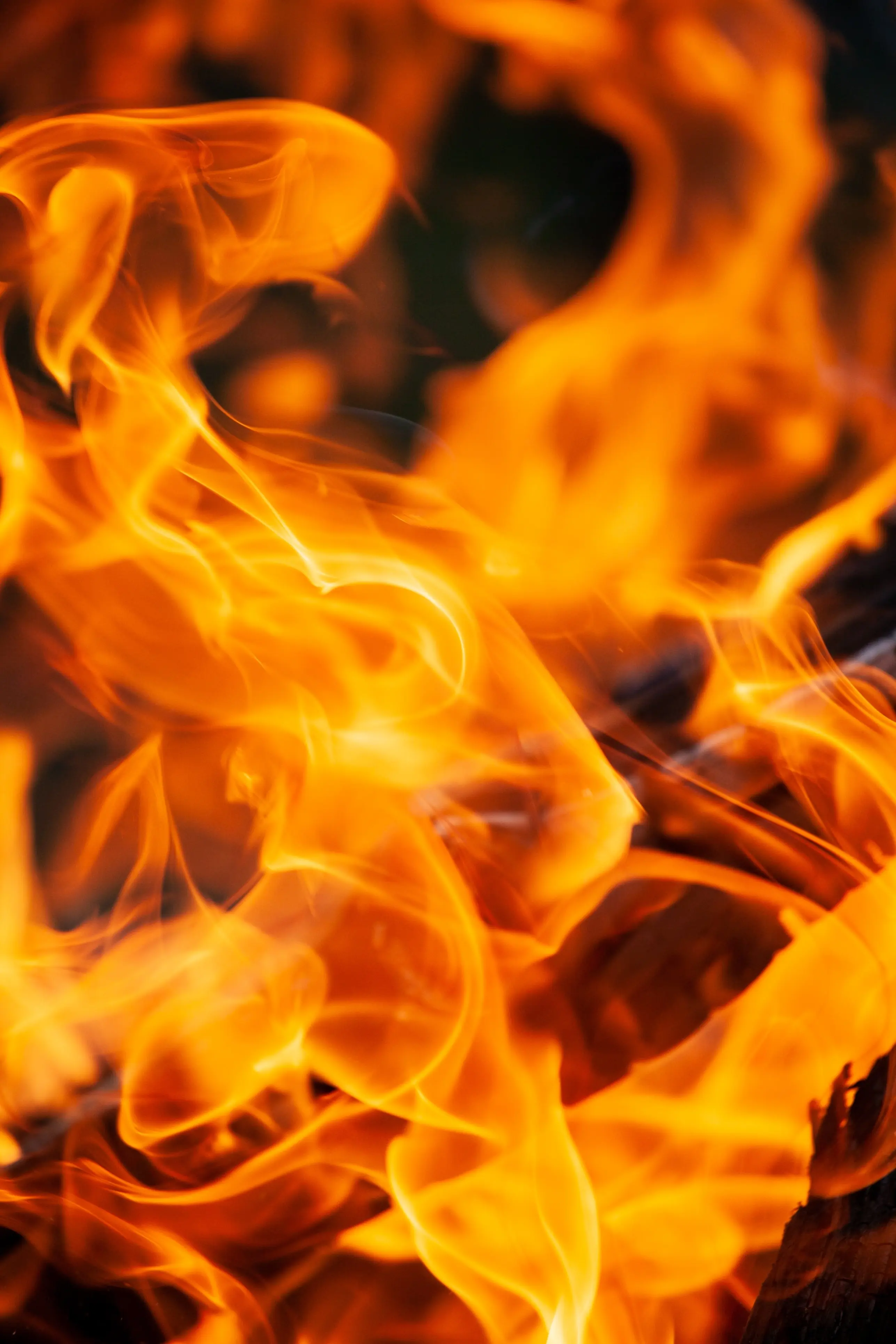If someone asked you to explain the Church’s teaching on purgatory, how would you describe it? Perhaps you would mention that purgatory is a place that removes a person’s imperfections and bad habits before reaching heaven.
You might mention that people here on earth can pray for the souls in purgatory who are part of the “Church Suffering.” These souls suffer flames with love and long for God.
But would you also mention that people have the opportunity for purgation here in this life? St. John of the Cross provides a surprising examination of this opportunity for purgation in his writings. When discussing the passive night of the spirit (one of many aspects of the dark night and each a dark night in its own right), St. John of the Cross defines it as follows:
This dark night is an inflow of God into the soul, which purges it of its habitual ignorances and imperfections, natural and spiritual, and which the contemplatives call infused contemplation or mystical theology.1
St. John of the Cross identifies two outcomes of this infused contemplation: first, because souls do not possess the light of glory to behold God, the infusion overpowers the soul’s faculties much like frostbite where a person cannot even feel cold despite the person being so cold; second, the soul’s “impurity and baseness” is “painful, afflictive, and also dark for the soul.”2
But during the purgation of the passive night of the spirit that can be experienced in this life, the body and soul are not separate, so the purgation is not experienced in an unnatural state.
During the passive night of the spirit, all the activity comes from God, and a person is the recipient. The aim in this dark night is spiritual and not sensory purification. During this purification, a person receives according to the mode by which people normally receive. The soul cannot handle the excess that is God, so the soul experiences this purgation as darkness and pain (i.e., as an affliction).
St. John of the Cross summarizes this affliction, saying that “in order to burn away the rust of the affections the soul must, as it were, be annihilated and undone in the measure that these passions and imperfections are connatural to it.”3
Connaturality is why an expert and a beginner can look at the same subject of expertise but the expert will see more than the beginner.
People cannot expect to achieve union with God in prayer in this life if they possess any imperfections or habits that are contrary to God. People need connaturality with God rather than anything else. What a tall order!
But there’s more…
If God deigns to bring a person into the passive night of the spirit (which St. John of the Cross says is rare), God allows the person to go through the afflictions and darkness in intervals since “if he did not ordain that these feelings, when quickened in the soul, be soon put to sleep again, a person would die in a few days”;4 people who experience this darkness feel like they are “the ones who go down into hell alive.”5
Wait, go down to hell alive? That sounds a lot like purgatory: the flames of purification and suffering with love, whereas hell is flames and pain with no love. St. John of the Cross addresses this distinction:
Their purgation on earth is similiar to what takes place there. For this purgation is what would have to be undergone there. The soul that endures it here on earth either does not enter that place, or is detained there for only a short while. It gains more in one hour here on earth by this purgation than it would many there.6
The point, then, of rising to perfection in body and soul and union with God is love of God, and true love of God tolerates nothing contrary since two contraries cannot coexist in the same subject.
While the dark night is often described as affliction and requires fortitude, Catholics should still desire this purgation through illumination here on earth rather than in purgatory, since one hour here is worth many in purgatory.
May we all desire this purgation and perfect union with God!
How to learn more
To learn more about the Carmelite tradition in general, check out Midnight Carmelite episodes through the player below and hit subscribe to stay up to date!
-
St. John of the Cross, The Dark Night, in The Collected Works of St. John of the Cross, trans. Kieran Kavanaugh and Otilio Rodriguez, 3rd ed. (Washington, DC: ICS Publications, 2017), 401. ↩︎
-
St. John of the Cross, The Dark Night, 401. ↩︎
-
St. John of the Cross, The Dark Night, 405. ↩︎
-
St. John of the Cross, The Dark Night, 406. ↩︎
-
St. John of the Cross, The Dark Night, 406. ↩︎
-
St. John of the Cross, The Dark Night, 406. ↩︎

